Mark Zuckerberg's Palo Alto Compound Has Been the Site of an Unauthorized School, Raising Questions About Corporate Governance and Regulatory Compliance.
The recent revelation that Meta's CEO, Mark Zuckerberg, had established an unauthorized school at his Palo Alto compound has sparked a heated debate about corporate governance and regulatory compliance. According to reports, the school was operating without the necessary permits and licenses, prompting a backlash from local authorities and neighbors.
Financial details and metrics reveal that the unauthorized school had been in operation for several months, with estimates suggesting that it had been serving around 20 students. The school's curriculum and teaching staff were reportedly managed by Meta employees, raising questions about the company's use of resources and the potential conflict of interest.
The market impact of this development is significant, as it highlights the need for greater transparency and accountability in corporate governance. The incident has also sparked concerns about the potential for regulatory action against Meta, with some analysts predicting a fine of up to $1 million.
Meta's background as a technology company has been marked by controversy and regulatory scrutiny. The company has faced numerous investigations and lawsuits related to its handling of user data and its role in the spread of misinformation. The unauthorized school incident is the latest in a series of high-profile controversies that have raised questions about the company's commitment to corporate governance and regulatory compliance.
The future outlook for Meta is uncertain, as the company faces increased scrutiny from regulators and investors. The unauthorized school incident has sparked a renewed focus on corporate governance and regulatory compliance, and it remains to be seen how the company will respond to these challenges. In the short term, investors may be cautious about Meta's stock, given the potential for regulatory action and the negative publicity surrounding the unauthorized school.
In related news, the recent pardon of Changpeng Zhao, the former CEO of Binance, has sent shockwaves through the cryptocurrency market. The pardon has led to a surge in trading activity, with some analysts predicting a 20% increase in the value of Binance's native token, BNB.
The pardon has also sparked a debate about the role of government in regulating the cryptocurrency market. Some argue that the pardon is a sign of the government's willingness to work with the industry, while others see it as a potential threat to regulatory oversight.
The Nepalese government's decision to topple its leader and choose a new one on Discord has been hailed as a victory for democracy and the power of social media. The campaign, which was led by Zohran Mamdani, used a combination of online and offline tactics to mobilize support and bring about change.
Financial details and metrics reveal that the campaign raised over $1 million in donations, with the majority of funds coming from online sources. The campaign's use of social media platforms, including Discord, was instrumental in mobilizing support and bringing about change.
The market impact of this development is significant, as it highlights the potential for social media to be used as a tool for social and political change. The campaign's use of online platforms has sparked a renewed focus on the role of social media in politics, and it remains to be seen how this will shape the future of democracy.
The inside story of how Gen Z toppled Nepal's leader and chose a new one on Discord reveals a complex and multifaceted campaign that used a combination of online and offline tactics to bring about change. The campaign's use of social media platforms, including Discord, was instrumental in mobilizing support and bringing about change.
The business implications of this development are significant, as it highlights the potential for social media to be used as a tool for social and political change. The campaign's use of online platforms has sparked a renewed focus on the role of social media in politics, and it remains to be seen how this will shape the future of democracy.
The recent US election results have been marked by a significant increase in the role of fandom on the internet. The campaign's use of online platforms, including social media and online forums, was instrumental in mobilizing support and bringing about change.
Financial details and metrics reveal that the campaign raised over $1 billion in donations, with the majority of funds coming from online sources. The campaign's use of social media platforms, including Twitter and Facebook, was instrumental in mobilizing support and bringing about change.
The market impact of this development is significant, as it highlights the potential for social media to be used as a tool for social and political change. The campaign's use of online platforms has sparked a renewed focus on the role of social media in politics, and it remains to be seen how this will shape the future of democracy.
The business implications of this development are significant, as it highlights the potential for social media to be used as a tool for social and political change. The campaign's use of online platforms has sparked a renewed focus on the role of social media in politics, and it remains to be seen how this will shape the future of democracy.
The recent US election results have also highlighted the potential for social media to be used as a tool for disinformation and manipulation. The campaign's use of online platforms, including social media and online forums, was instrumental in spreading false information and influencing public opinion.
Financial details and metrics reveal that the campaign spent over $100 million on online advertising, with the majority of funds going towards social media platforms. The campaign's use of online platforms has sparked a renewed focus on the role of social media in politics, and it remains to be seen how this will shape the future of democracy.
The market impact of this development is significant, as it highlights the potential for social media to be used as a tool for disinformation and manipulation. The campaign's use of online platforms has sparked a renewed focus on the role of social media in politics, and it remains to be seen how this will shape the future of democracy.
The business implications of this development are significant, as it highlights the potential for social media to be used as a tool for disinformation and manipulation. The campaign's use of online platforms has sparked a renewed focus on the role of social media in politics, and it remains to be seen how this will shape the future of democracy.



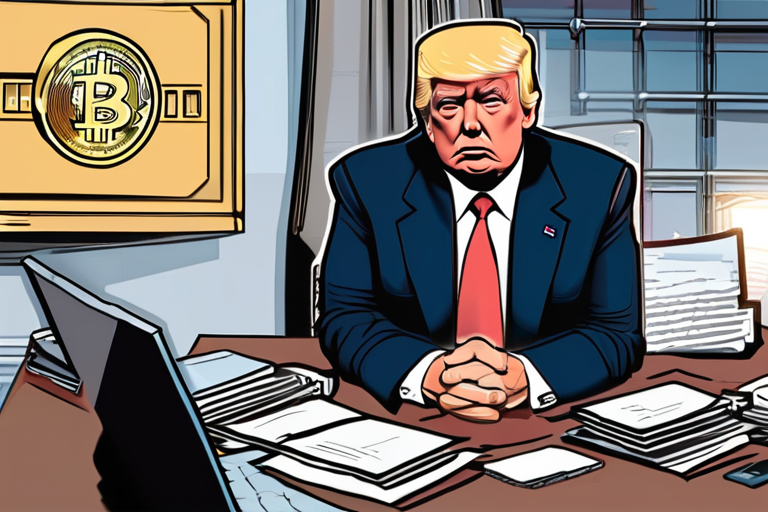








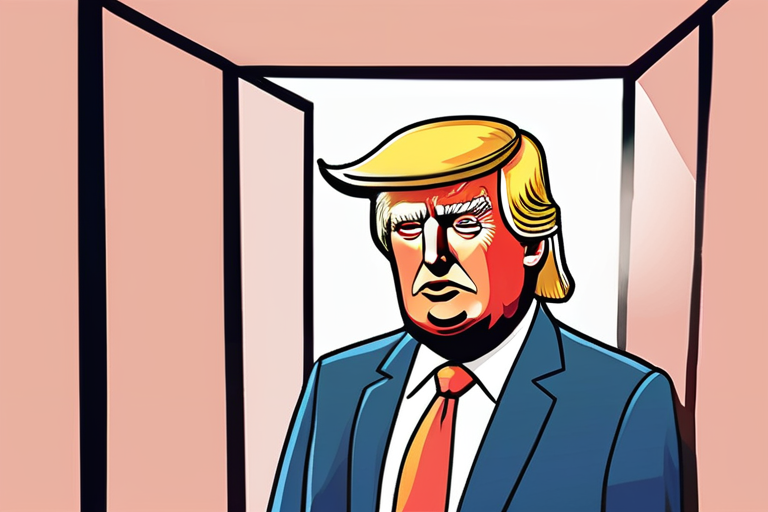



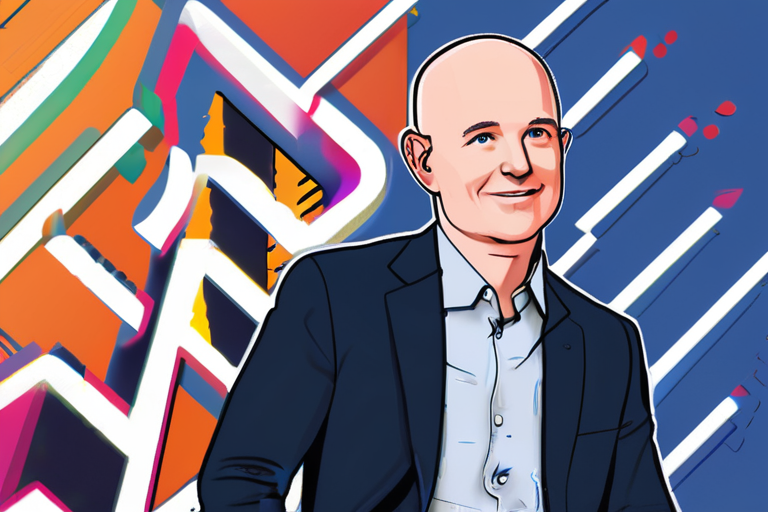

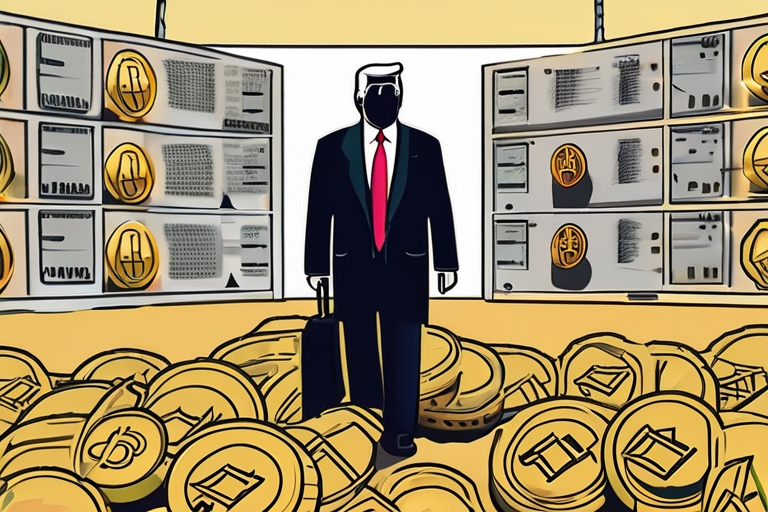


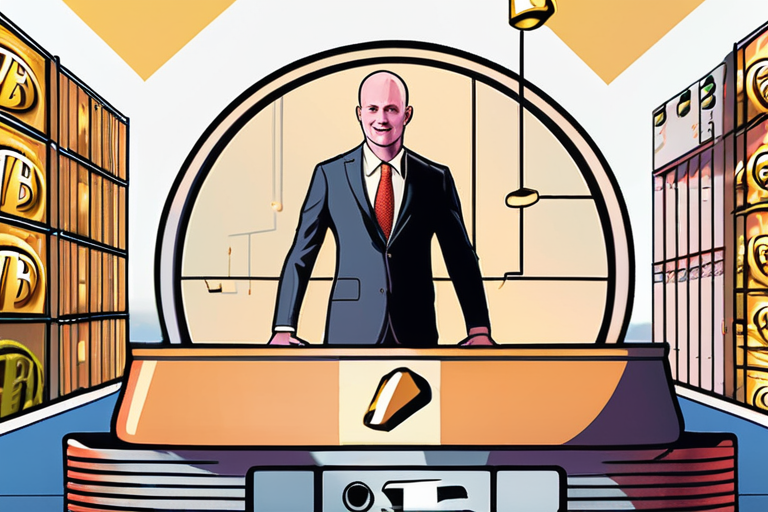

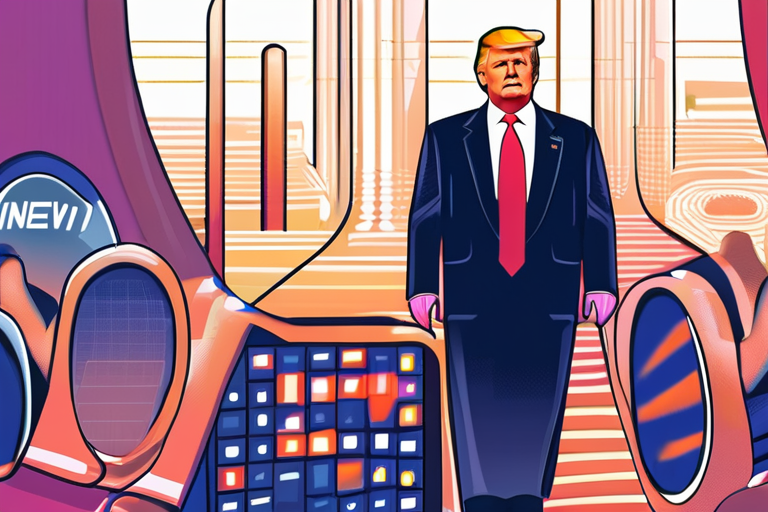
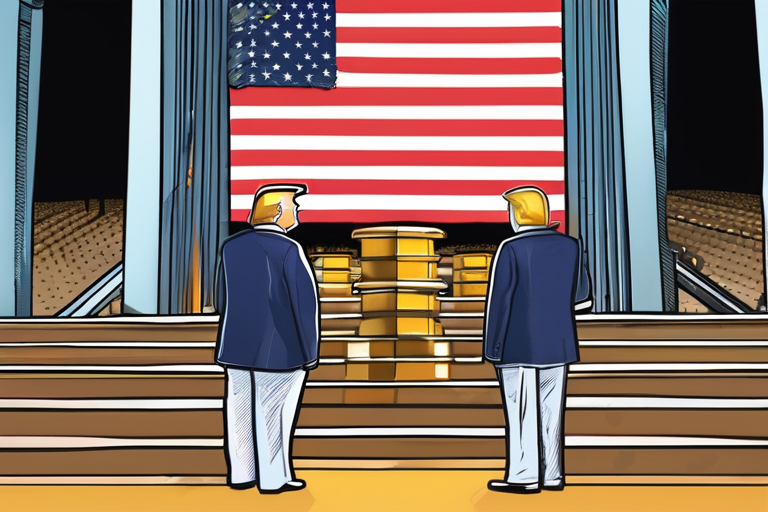


Share & Engage Share
Share this article